Flaw between spatially: “Concurrently Differ”
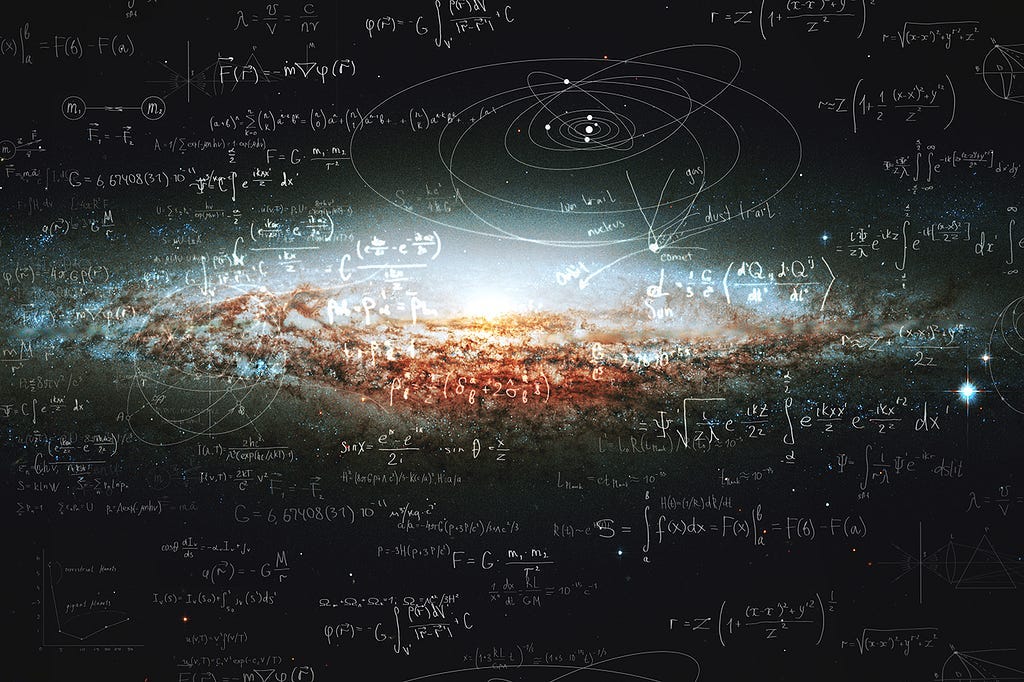
“Flaw” is presently a set of postulates and theories I enjoy exploring and developing. As of now, “flaw sciences” is uncharted and undocumented, in its place (in my opinion) preeminent among all other scientific theory on nature. To “Flaw,” properties of flaw (or imperfection) necessarily are the foundation for all other of nature’s ways and functions. This includes (overly concise and too simple-formed) “laws” of motion and thermodynamics, as well as a whole host of other natural scientific (so-called, but not truly meriting) law and theory.
On the Subject of Unique Identity to All Things
In this essay I explore the “Difference & Uniqueness Flaw Postulate.” I indicate how it works, and I explain how it lends one-of-a-kind — and ultimately fully unique — traits to every copy among things, items, or expanses, in this beautifully imperfect “flaw” nature and Universe. This goes so deep and far as to govern that (inaccurately) “perfect” or “absolute” copies of machined devices — instead possess uniqueness throughout the fabric and material of which comprised, and are truly never “perfectly identical,” nor “absolutely identical.”
Supporting a New Scientific Definition
Next, is the most recent rendition, of an initial near-formal definition I have developed, for the “Differences & Uniqueness Flaw Postulate.” Avid study of this near-formal definition is not desired at this point, and readers might enjoy skimming it at first, with later discussion in this essay providing follow on material better at explaining.
Flaw’s Uniqueness Postulate (An Illustrative Summary Explanation)
A Concise Summary — with Key Notes Intact — at near Minimum Elucidation to Comprehensively Explain
“All things made of matter and involved in energy operations, at all locations, in all positions, at all scales, and at all times, possesses unique shape (and orientation and dimensions), unique composition (of specific raw resource material internal to the thing), and unique location(/position), (both translational and rotationally considered), as compared to all other very precisely machined copies of same design, or similar series of unmachined items, even when decorated with same pattern, and even when manufacturing precision is increased. This governs the difference and one-of-a-kind between two (2) or more copies of a very precisely designed and manufactured device, such as a mobile phone, such as pen or pencil writing instruments, and such as automobile exterior and interior panels. To Flaw Natural Law, it is unwise and misleading as to the nature or reality to consider the unapparent and miniscule nature of these uniqueness features to count only in the negligible or trivial noise level of micro dimensions. Every drop in the bucket that makes items unique is of key interest here, and the drop-sized scale is best not deprecated, but elevated in importance. Such scales are often unnoticeable as being unique and differing at all between copies, to the unaided human observer’s eyesight, or to the available resolution measuring equipment, even capable of discerning the truly unique (at least and always — slightly) unique span, of each edge, of each copy, of the functionally same device. But the flaw between two or more copies and the differ dimensionally throughout carries great weight in keeping one item from material nucleus overlap with other copies of the same, and such is imbued in the atomic nature of matter, each small similar atom by atom copy holding internal to it these Flaw Natural Law Behaviors of Matter. (In that, the basis of all Natural Scientific Law is upheld humbly within the fabric and nature of each seemingly trivial small atom of matter, rather than by a playing field attribute, which Flaw Law proposes for consideration to be an invalid concept.) Flaw Law’s Uniqueness Postulate (this) is the basis of multiple copies being able to coexist at all, and it is this, how they deviate from perfection, that is their charm, their character, their style, their worth, their value, their merit, and their impact. Of few, several, or many copies, neither copy is the perfect one, and neither obeyed dimensions of designers quite as perfectly as seems. Falling short of impossible perfection is the beautiful grace, and it is beneficial for maintenance and furtherance of terminology, that can better hold integrity, that copies capable of serving the same function be more strictly termed ‘functionally same model’ or ‘functionally same’ while the scientific natural law terminology for ‘identical’ in any ‘absolute’ or ‘perfect’ manner is to be held as ‘absolutely impossible in nature but debatable in concept only.’ Thus, item ‘identity’ is sacred to Flaw Natural Law, and cannot be copied or duplicated. This separates ‘same’ from ‘identical’ (a bogus mental concept, but forgiving of word user’s needs) and separates ‘function’ from ‘item’ and ‘copy.’”

Learning Adjustments
Next in these teachings I will jump around a bit, and try to stay anecdotal at times to ease tension and avert reading duration boredom.
This essay, for now, serves as the main and key introduction to flaw natural law philosophy and logic.
Instead of writing such an “introduction” article or essay, next I maneuver through all that material, while on a real live mission that serves as example: the teaching of a new postulate — Flaw Law’s Uniqueness Postulate. There are more Postulates to Flaw Natural Law for which I am developing discussions, and this essay hones in on only the Uniqueness Postulate, to stay focused and targeted, when discussing portions of such a hugely broad scientific and philosophy subject, such as the natural law that governs all other natural law.
While introducing you — the reader — to such new ideas, there are pesky difficulties with the terms/words and their social and scientific implications. Taking the reader through some related story-type warmup issues does the job best I think, to arm the reader for those word/term difficulties, to the result that the scientist and layperson can both benefit in their personal philosophies, more authentic world views, or vocational pursuits.
These next eleven “Adjustments” prepare you, the reader, to understand what I am aiming to do in my personal pursuit of better formulating and teaching Flaw Natural Scientific Law Postulates and Proposals, and what that might leave in benefit for posterity. I truly feel it is of great merit and importance, plus it is beautiful philosophy.
Adjustment One
Is “Perfect” an Ugly Term? Yes, sometimes.
In scientific and philosophical matters like these, I consider features of the conceptually perfect to be about the ugliest and most brutal, or at least most demanding, beasts around. No thanks to this sort of perfection, for me. Sadly, many of us are taught not to comment on someone else’s actions, or fruits of their labors, as “awesome” or “more than suitable” or “ exceeding desired effect” or “amazing” or “excellent,” and what we have left are such ugly declarations as “perfect.” It’s a short two syllable word, and it works. Plus, no person need be held to “perfect standards” of linguistic impromptu creativity in the extreme, so an hypocrisy in word habit usage is actually now to me a beautiful and warningly humble and humorous thing.
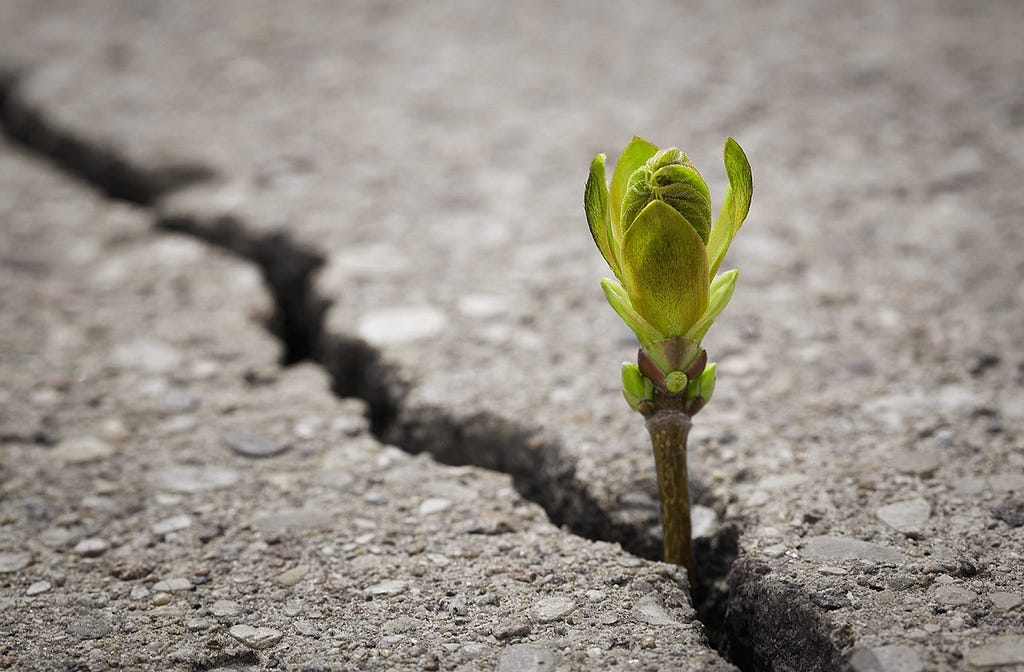
Critiqued ever for using the “perfect” word too much, or most awkwardly? Then just communicate it is actually an imperfect habit of your conversation style, and saying “perfect” is benign, whereas holding people and things to perfect standards (speech too) is ugly to do, and is the perfectionistic enemy, rather than just word tagging in a fair manner something admirable without referring to a thesaurus to figure out wording, and with no effort to go for the penultimate, nor expect it. It’s a fill-in-the-blank word: “perfect,” with which I have no gripe so long as that’s all it does. Nevertheless, take this away maybe, from what I teach here: perfection is bad stuff, and though to my belief it is gladly impossible — and has remained so since ever and would continue so forever — chasing mental perfection concepts or using perfect modeling systems can lead to utterly failed endeavors or plans, and some that can backfire badly and wreak havoc upon those same people or projects as originally intended to aid, assist, or further.
Adjustment Two:
Touted Perfection of the Universe, or of Nature, or of God
The Universe, and Nature, and God(s) (if there be, to the reader’s beliefs) is/are surely stunning, beautiful, grand, vivid, intense, and gloriously imperfect. That’s what’s perfect: the imperfection. That has some ironic beauty, and a person could leave it at that, but I have studies, postulates, proposals, theories and laws to develop, and this pesky perfect word keeps on getting in the way, though it does stand as a wonderful “impossible and invalid idea (that seems suspiciously too attractive and alarmingly too simplistic)” mental concept for personal performance of thought-exercises to consider extremes and pitfalls of many different “impossible universes.” (The study of impossible universes may seem like a humorously poor personal time investment, but ironically it also abounds with revelations into wisdoms and inner workings of the real one universe: ours — right here and right now; and as observed via our science gear since birth — our five senses. It is a matter of comparing the real from the unreal, and appreciating the nuances.)
Adjustment Three:
Contradictory and Very Contrary: the Perfect Part is the Imperfection Itself
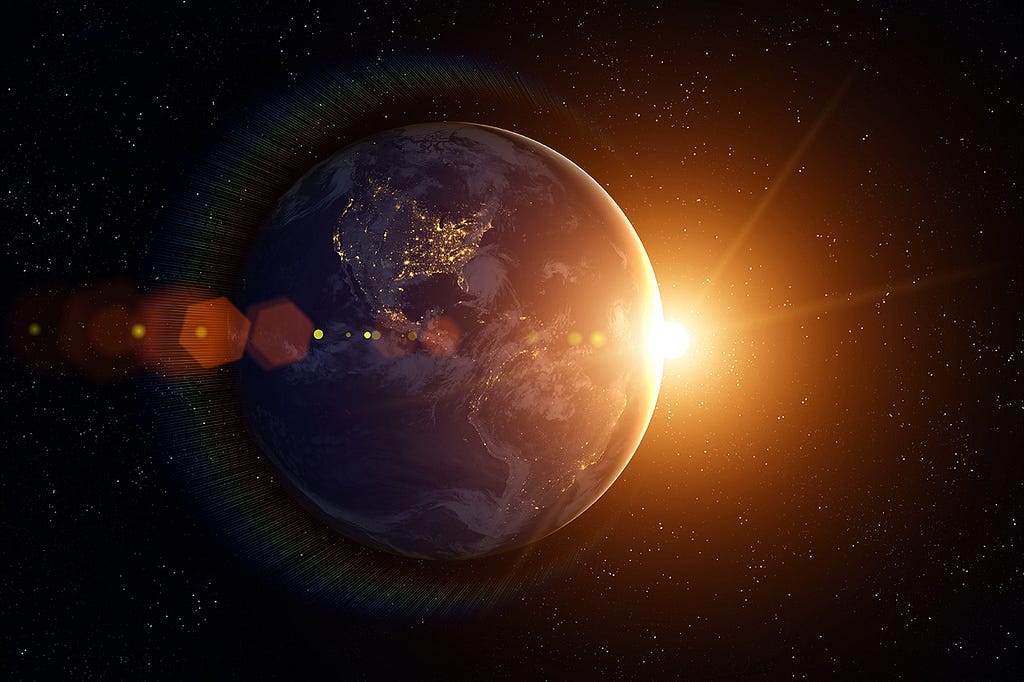
So what we have is a hidden word issue. The word perfect hides within the word imperfect. And what we often feel in our hearts, that something that it is about life and nature we respect and honor very much, and something we hold dear and special, moves us to term nature and things as being at least in some ways: “perfect.” That gets an A score from me for intent to honor and even revere nature. That also gets an A score from me for wisdom concerning hidden mysteries underpinning all this life, living and nature — being sometimes a matter of suitability, sometimes a matter of utility, sometimes a matter of beauty, and always a matter of some nebulous and mysterious could-be absolutes that govern nature. But that gets a C- score from me for word choice, and winding up going by the wrong title, and missing the first syllable. Don’t feel criticized too badly: for the Olympic Gold standard in physics, the sciences, and philosophy of theology is score C-. Yes, C- is the maximum I’ve read or heard of; and yes, all of humanity as of 2021 A.D. seems to be missing something truly neat here; and no, though the term “imperfect” I personally would score as an A, most other scientists do not do so I suppose, or at least none of who's teachings or theories I have been exposed to, so maybe have your points all lined up before debating my points, or just keep this neat stuff all for yourself. We would be the black sheep if discovered discussing these points and angles on matters, you and me.
Adjustment Four:
Sheer Absolute Perfection — the Impossible Phantom State
Philosophically, the The Uniqueness Flaw Postulate grants many beautiful and beneficial traits and behaviors to matter and energy, and all that exists in interplay over time and space. To my philosophy, and my opinion, sheer true perfection cannot exist in this universe, and likely never has and never will. This may at first seem like a disappointment. But consider how maybe in actuality, conceptual perfection’s failure to apply in nature keeps all of nature defended from, and free of, some terribly hard and brutal absolute states: all of which would be full of disaster for the fabric of this universe. Sheer true perfection is an ugly notion, and full of dangerous causal and material/spiritual ironic twists and contrary behaviors, the exploration and sensitivity to which prompt me to use scrutiny, and employ an eye to subtle opposites and root natures of existence and reality.
The term and concept ‘perfection’ has its uses. I assert that it only exists in concept and not in natural reality, being a mental model not applicable anywhere in the universe except in our heads while we consider matters. Still, it can be useful to study the archetype of perfection to understand life and nature to more fidelity to reality, I have found, by way of exploring what nature is not: and it is not perfect.
Adjustment Five:
Should We Celebrate and Revere Imperfection? Yes.
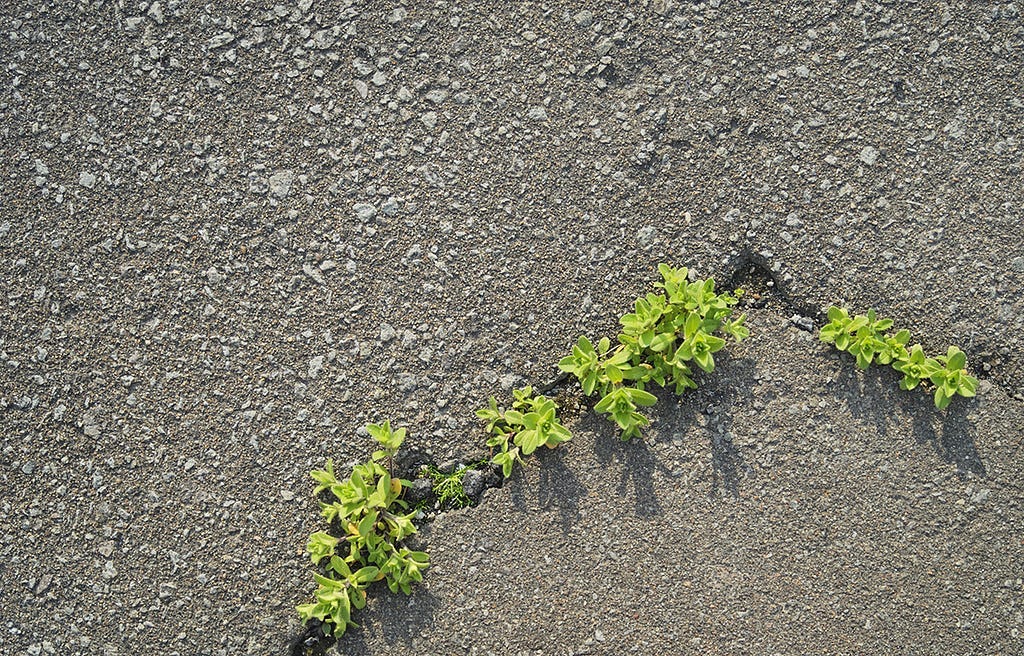
To my experience in life, and to my opinion, it is imperfection, and the imperfect, that is greatest accolade and worthiest trait of nature. It is imperfection, which in sample sizes absolutely all-encompassing, reigns in the 100% totality of everything and everyone, to existence and nature. I’ve never met anyone perfect. I’ve never seen anything perfect. And after all I’ve considered about the issue since completing my master of science degree in aeronautical engineering, and since post-bipolar refinements of religious wonderings as an Animist Pantheist, with somewhat Taoist and Zen sensibilities, there is so much to be thankful for, and celebratory about, in our universe and this nature, by way of warmly embracing: nothing but the 100% imperfect.
That encapsulates: “flawism” as an art/nature/trade/humanist appreciation and high valuation of the imperfect, in a philosophy guideline that promotes and reveres the imperfect, and warns against chasing ugly and cold-hearted conceptual perfection notions. “Flawism” belongs not as much to religion as it does philosophy, and it is no master philosophy demanding preeminence or exclusiveness among other philosophical tenets. It’s like another crayon in the coloring set of personal philosophies.
Adjustment Six:
Imperfection is Scientifically the Prime and Weightiest Feature of All Nature
Is that true? It is a matter of opinion, of course. It is unprovable, less obviously so. But touché, it is also it is not disprovable. I feel it to be very compelling and telling. That’s natural law to me, for postulate and proposal, in realms of considerations and ideas when and where both proof and disproof are beyond us, or just need not even apply so importantly.
This is not the type of natural law development that states conclusive natural behavior relationships, by stating principles of physical operation. Rather this is another type of natural law development, which states inconclusive but compelling proposals, never provable but often also never disprovable, more powerfully so, and attempting to embody compelling theorems for proposed consideration as to foundational fabric-of-reality basis for all other scientific natural law, and principle, known to exist to many among all living scientists, who are those awarded accredited B.S., M.S. and Ph.D. degrees. It is more intuitive than deductive. It is more insightful than descriptive. It complements physical operation law and principle with some very likely, though still debatable and arguable, compelling aspects of nature and the universe, that might well explain some of the reasons the other more mechanical laws and principles are as they are.
Adjustment Seven:
Take any Bogus Basis to It’s Necessary Derivatives, to Argue Against Reasonably Likely Feasibility, and to Argue Against Natural Existence

Conceiving of a world without imperfection, is to conceive of an ugly and brutal beast such a reality would be, in the infinitive extreme. One offshoot of a perfect universe would be absolute homogeneity or infinite sameness with infinitesimal texture, character, change, or progression available in such a universe. Defect would be against natural law. Deviation would be also. Exceptions would no longer be the rule, but one rule would have no exceptions, and among no other myriad host of various independent rules to be exceptions to each other’s applicability and scope. The situation would be infinitely intransigent and stubborn beyond physically possible even with titanium composite materials, and would possess infinite hardness but also infinite brittleness and fracture tendency. The burnished or shiny very sharp-edged steel cube that might be notionally perfect would feature infinite precision to infinity decimal places, and would notionally cut the universe in half, severing all association either side, by just one edge of such. Would any of this happen, in reality? No, of course not. Rather, “would” here indicates “would logically imply by its implication” that such and so — would need be so. It is a term “would” used for mental idea models that needn’t be reflective of reality at all, in order to fascinate the human mind, that indicates “logically implies by mere mental concept, concept being likely unreal, and having never been observed.” But these all illustrate ultimately: logical implications not ever observed in nature by anyone. So there are no worries here in reality, from any perfection ever truly manifesting, and our only worries ever are of some rare cases of foolishly attempting to attempt perfection, and maybe make a sad mess, while gladly falling short. The sad mess could stomp all over individuals, people, and societies in so doing.
Adjustment Eight:
The Guardian and Defender of Universal Integrity: Flaw Law’s Uniqueness Postulate
Returning on the main subject, to Flaw Law’s Uniqueness Postulate: to my studies and considerations on Flaw Natural Scientific Law, this is one of the most beneficial and governing aspects of the reality we live in. This allows things to differ in substance and shape, deviate in action and energies, and be “flaws” in each other, rather than: oddly overlap; cancel out; become redundant but unreal mirror fake extra; invalidate or undermine the presence and reality of the supposed perfect clone; or twist into other strange-to-consider derivative properties. Perfect notions of “perfect clones” and “absolute copies” or “absolute identicality,” possess attractively a suite of seemingly self-consistent consequences, but all are mere theory, and the type rife with bogus features. Any young person or older person, being of age of having used eyes and ears and touch enough, plus smell and taste enough, has sampled reality and the nature we live in. We are all qualified this way.
The five senses bestowed upon each human child are amazingly powerful scientific tools for assessment, and wisdom at life starts early. Thus the fairly uneducated child and the layman toward the sciences I believe possesses a keen and wise innate layman feel for the nature of the universe. This is a very authentic, legitimate and excellent thing about all person’s capabilities; and you the reader, regardless of background or skillset, could do well by acknowledging your innate credentials as on par with any other person’s opinion, with that even including noted and applauded scientists, to disagree with some of them with no need to feel or be accused as foolish or overstepping...
Flaw Law has a way of resonating with the basis, the roots, and the intuitive capability of humanity itself, differing much from advanced mathematical manipulations, of which I am not necessarily very impressed as to life’s wisdoms being well-imbued in those clever constructs, if not self-restrained and kept beholden to nature (and marked as invalid where not applying properly), rather than trying to twist nature to follow math, in a backwards mess.
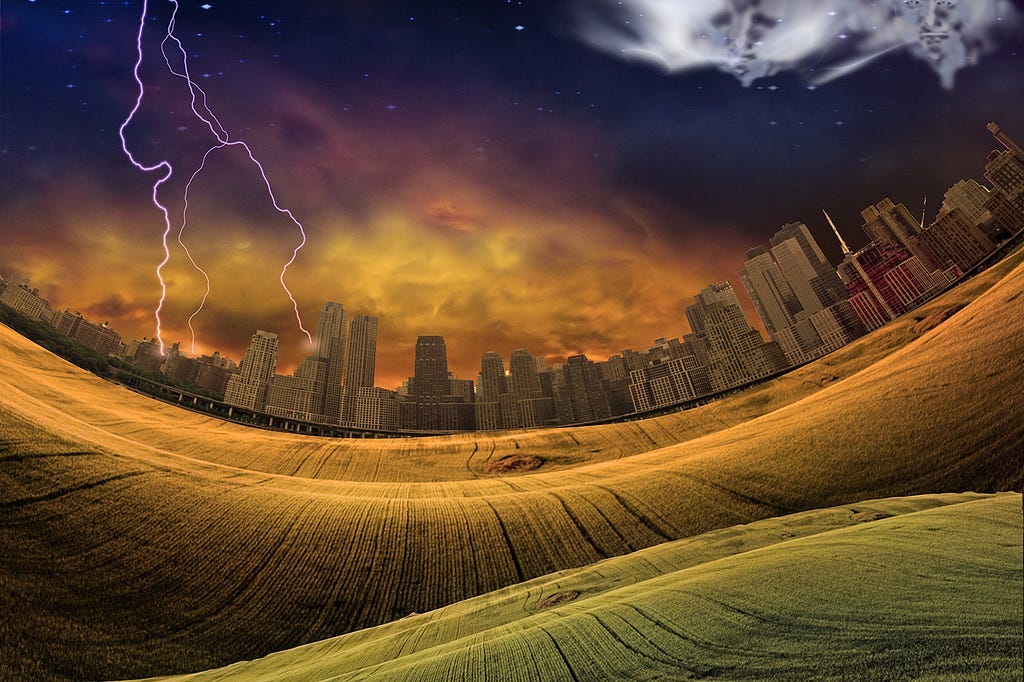
Adjustment Nine:
The Flaw term is More Apt, and is More Effective and Telling of its Nature than the term Imperfection
Perfect clones I put forth is very likely impossible. I believe a case of it could never be observed as actually happening, but at the same time that is no proof against, by negation. However, if never found or observed by mankind directly or in remnant evidence, then “never actually happening” does imply a “total lack of compelling feasibility” win against the theoretical notion of “the perfect clone” copy of any one or many thing(s). If perfection in cloning or making identical were possible in this nature, then very many properties and behaviors of things we are accustomed to and fond of — in how this universe and nature works — would be at terrible risk, of a terrible thing full of terrible consequences on any theoretical universe. Real universes (there being only one — ours*) need not worry about such terrible effects upon the fabric of it all. That’s good news, but it’s also the oldest news around. The new part is this old news goes by a new name, to me: Flaw Natural Law. (*-universe is a term logically implying an entirety of unity of “verse” of all there is, and so more than one universe quickly morphs, by word logic, into one universe with multiple sub-universes as regions. This is a side note, but it does illustrate some discerning power imbedded in definitions of words, and shows the benefits of keeping up with accounting terminology to match logical concept, rather than allow buzz terms to creep into the sciences, uncritiqued.)
Adjustment Ten:
Much more is Impossible than is Possible, in Terms of Ideas, and also in terms of Daily Outcomes Ahead
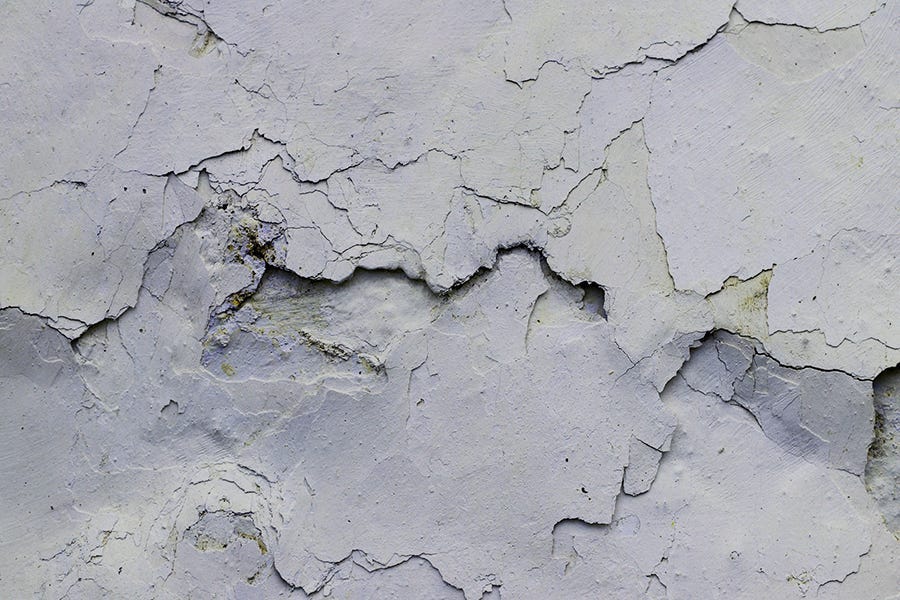
There is (an utter failure of) a teaching that “anything is possible,” which does not do much fidelity to reality, and miscues greatly, being full of misguidance. When we think it or hear it there is a resounding cognitive flop of something stretching too far at trying to pose as magnanimously special, and just backfiring as a total disappointment, if not instead causing anxious trepidation at the logical fallacy proposed, in the heart of the listener to such terrible so-called teachings. The fallacious posing as instead wise words does inspire fear of more such mess. Better integrity or fidelity to Flaw Law wins at forming truisms and maxims in life, I feel.
Some things are impossible in nature, but are possible to conceive and teach and hold as possible in nature (erroneously), in the realm of pure theory that no experiment can notice happening in real situations. It sounds silly to talk of any fictional risk of a so-called and invented (by me) fictional “irrelative identity error collapse” of matter unto itself anywhere in the nature and life we experience, and it sounds more like bad science fiction book material. Yet to those among this article’s readers who take these essays on Flaw Scientific Natural Law legitimately and soberly, and with weighty regard, then please take comfort that many ideas are “absolutely impossible” in nature, at least arguably, and also very gladly, or science fiction would all come true, in an explosive multifaceted “anything goes” mess. Please also take warning that many ideas that are impossibilities in this Nature and universe, can and do easily seem valid or true, especially if mostly analyzed with abstract mental modeling systems such as mathematics, and only mathematics, failing experimental observation of occurrence of phenomena in nature — the real thing. Warning — those ideas that might not actually be possible in real nature can come to be accepted and institutionalized. They can mislead scientists, they can misguide expensive or life-risking ventures, they can frustrate and fail to satisfy the sensibilities of the layperson in his or her considerations of the flow and ways of life, and they can instead burden those who’ve encountered such ideas in basic education before adulthood with junk tools and bad baggage for facing life ahead. Most dangerously, these ideas can easily seem valid and beautiful if not explored and elucidated into derivations that logically follow suit and qualify as associated by consistent thinking or construct, and then critiqued with rigor, looking with discipline for some inconsistencies. Some of these dangerous inconsistencies can truly be amazingly and frustratingly subtle and hard to glean understanding from, if noted initially at all.
Adjustment Eleven:
Key Adjustments to the Definition of Flaw that are Ripe with Benefit in Usage
Flaw Natural Scientific Law that I study and am a proponent of, (1) borrows some but not all definition of “flaw” from the dictionary, (2) deletes associations with many other connotations of mechanical or humanistic flaw, and (3) appends some aspects of features of reality to the list of what “flaw” is, expanding what can be meant by the noun flaw or the verb flawing.
This allows for an alternative definition of flaw. This is not inconsistent with the English language, in the case of which many words have lists of differing definitions, each either regarding a totally different meaning, or regarding the same issues but with differing implications. The English language benefits from its inconsistencies here, as then the meaning or implications of words put together depend on many more preceding and following words: the context of the defined word(s) — then implying which definition is in play.
In such, scientific flaw differs from artistic, humanistic, design, manufacture, or functional flaw. Each of those includes “defect” with “degraded” and “inadequate” assignments of substandard value, worth, or usefulness, to the topics and subjects of those people doing the assessments of topics and subjects, for whatever purposes; or if not that, those sometimes instead include implications of ugliness, taint, filth, failure, or miss. I do not challenge this definition, but merely propose another definition to account for, in the list of definitions.
Scientific flaw differs, and my version of viewing it steers clear of those exact connotations such as discussed just above: all of them. So the above paragraph serves as a fairly good rough indication of the type of flaw “meanings” I chose to delete from the different concept of “scientific” flaw definition, in how I have thus far developed the flawism philosophy and the flaw natural scientific law teachings.
Next are the appended on aspects of reality that can be described or related using the word. Scientifically: for one thing to differ from another is to “flaw away” from any ill-conceived, and I believe impossible, perfect copy state of absolute sameness. To deviate, in any way in action or from typical norms, is also to “flaw away” from the notional normalized and somewhat fictitious main. Philosophically, and mindfully, every single “thing” has the beautiful independent honor of being a “flaw” in any brutally perfect and infinitely stubborn standard rule of perfect copy (impossible in reality, and only existent in erroneous concept, mentally).

The Power of the Reader
More people exposed to Flaw Natural Law is more people better enabled in social decisions, scientific project and evaluation decisions, and government or business policy decisions, by being better armed against overly simplistic and perfectionistic attitudes presented against a person’s sensibilities, and allowing each such person to better explain themselves, if in disagreement with any plan that in part or whole, attempts impossible perfection.
We need Flaw Law. We need it better respected in High School civics, at least quietly respecting it, and maybe not necessarily needing to outright teach it. More than enough is made mandatory upon our youth, as it is. We need it understood in liberty and justice Government. We need Flaw Law to mature our coexistence with Technology. We need Flaw Law in City Planning and Environmental Impact. We need it discussed and debated in all the Religions, too. That’s a short list of the realms in which challenging norms with Flaw Law’s Uniqueness Postulate can benefit against erroneous Occam's razor, reductionism and determinism, idealism, and ultimate inflexible compliance mandates, the very most.
Flaw between spatially: “Concurrently Differ” was originally published in Flaw and Decay (de-chaotic) in Zen Nuances and Techniques on Medium, where people are continuing the conversation by highlighting and responding to this story.
